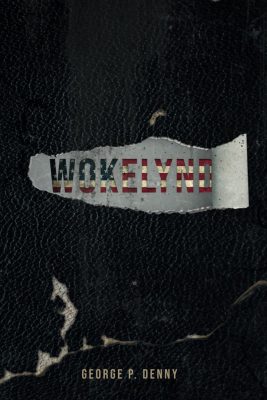Coming Home, by Gloria Javillonar Palileo, brings vividly to life the plight of the American born non-white people, and particularly those of mixed blood, who must find a place to exist between diverse cultures. The acute pain of this dilemma is faced by millions of children whose parents are immigrants to North American culture. Palileo is well qualified to enlighten readers about the particular struggle of identity and of the need to fit in that many first generation Americans must grapple as she herself is an immigrant.
Inspired by the experiences of the children that she and her husband adopted from the Philippines, Coming Home is a story that needs telling.
Juan de la Cruz, an American-born twelve-year-old with Filipino parents who immigrated. He suffers from the racist barbs of school bullies who call him a “chink,” and then discovers his friends also do not consider him an American. However, Juan likes to go to the mall, play video games, and hang out like his peers. He doesn’t see himself as different. However, some of his classmates do since they don’t quite know where to place him since he isn’t white; he isn’t black. It is here when Palileo broaches the subject of generational racism as the children who mock Juan are picking up their opinions and derogatory name-calling from somewhere. Is it inherent in the culture? Do the children pick it up from their parents? Is it peer pressure?
The conflict between identities is increased by his parents—his father welcomes being in America, his mother wants to return to the Philippines. She believes her son will never be accepted as an American. Juan, desperate to be an American, insists on being called “John,” asks his mother for plastic surgery on his nose, and, finally asks to be circumcised—a request that causes further crisis in the family.
When Mrs. de la Cruz decides to take “John” for a visit to the Philippines, Juan decides he will become Filipino, tan himself and begins learning Tagalong. He soon discovers, however, that his Filipino cousins consider him very much an American. Though they take him on their adventures and include him in their games, the poverty and strange customs of his parents’ homeland, plus tales of circumcision practices of the past, convince Juan that he wants to come home to America. It isn’t until he is home that he realizes he, after all, belongs to his family and that is where “home” is for him.
The book also gives an interesting insight into history and customs of the Philippines, a culture seeking to rid itself of the influence of hundreds of years under oppressive Spanish rule. Coming Home focuses on the effects that a history of oppression and racism could have when it zooms in on one little first generation American boy and his immigrant parents. Those who are intrigued by the story’s backstory of Philippine history may find Palileo’s latest work titled The Indios of great interest.



 Village Books
Village Books




Leave A Comment